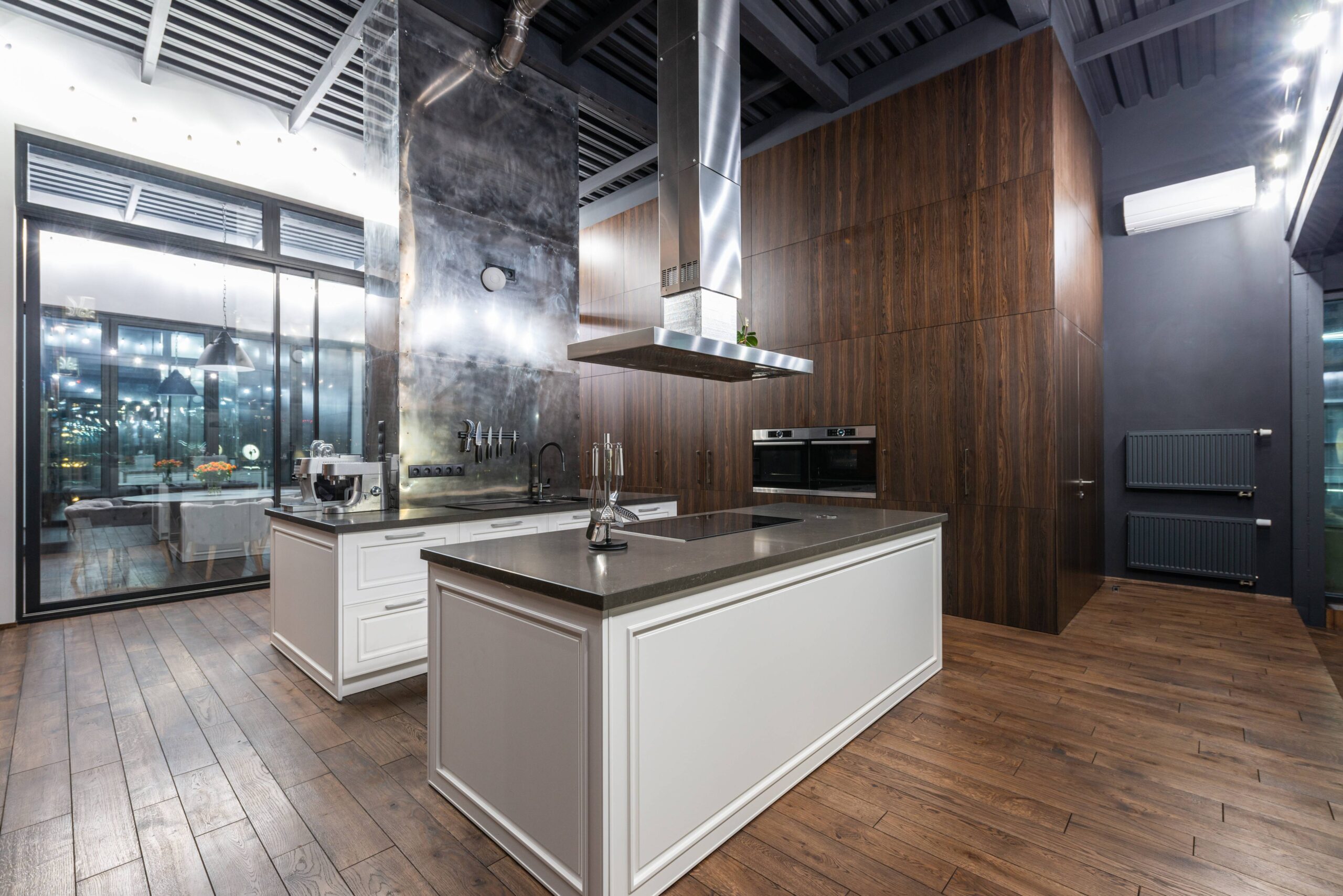Cleaning the kitchen exhaust system is necessary. Without it, the hood runs the risk of accumulating grease, clogging your ducts, and starting a fire. It is very important to keep your kitchen ducts clean. You can employ any hood cleaner to clean your kitchen ducts and ventilation systems. A safe environment for your employees, lower maintenance expenses, and lower insurance premiums are all benefits of keeping your hood and ducts clean. Also, a clean hood will convey to your clients your pride in both your product and your company. A lot of people don’t give this portion of a kitchen much attention, but it is most necessary to keep your kitchen ventilation system cleaned from time to time to avoid the big expense of replacing the whole system or any accidents. The standard for ventilation control and fire protection in commercial operations also defines the necessity of kitchen hood cleaning. Below we will tell you about NFPA 96. keep reading!
NFPA 96 Compatibility
The National Fire Protection Association (NFPA), a nonprofit organization operating on a global scale, is in charge of advancing fire safety training, standards, and education. It also oversees the regulations designed to safeguard enterprises from fire risks. Grease-filled vapors produced by cooking equipment eventually harden inside the ventilation ducts of commercial kitchens. This poses a significant fire risk. As we know, a lot of oil or other oily items are used daily in a kitchen for cooking, and the ventilation system is used to take all these oils and fats outside the location. But with time, oil, grease, and waste accumulate inside the kitchen hoods, which will cause fire and other health hazards. Local, state, and federal fire marshals, as well as insurance companies, adhere to the ventilation and fire protection standard known as NFPA 96 to make sure that your ventilation system doesn’t cause any damage or other issues to locals.
According to NFPA 96, it is necessary to keep your kitchen hood or ventilation system clean to reduce the danger at your workplace or kitchen. Kitchen exhaust systems should be cleaned at specific intervals to maintain hygiene. Professional cleanings of your hood system should be scheduled under NFPA 96.
Safety and Health Concerns
Every restaurant, regardless of the style of cooking, has a ventilation system that works to remove heat, aromas, and smoke from a busy area. To accomplish this, filters, ducts, and an exhaust fan are used to exhaust contaminated air. To keep the kitchen ventilation system safe and effective, it should be cleaned frequently. This is crucial for a commercial kitchen that produces a lot of food.
The prevention of fires and the improvement of air quality both depend on clean ventilation systems. If your kitchen ventilation system’s filters are clogged or dirty, they could make it difficult for the ventilation system to work properly and make it difficult to take out the dust, fumes, and oily air from the kitchen. A buildup of accumulated grease in a kitchen hood, and a dirty, and clogged filter can start a fire. For a corporation, this can be a costly and dangerous risk.
A kitchen vent cleaning service is an essential part of any restaurant’s maintenance program. Professional cleaners utilize specialized equipment to completely clean all ventilation system components while causing the least amount of disruption to business as usual. As a result, you must hire a professional ventilation cleaner to ensure proper cleaning and NFPA-96 compliance.
Environmental Concerns
Although kitchen exhaust hoods are intended to vent grease and smoke, if they are not kept up properly, they may also seriously harm the environment. The exhaust system can become clogged with grease, fats, and oil, which over time will cause it to degrade. The buildup of this waste poses a fire risk, can result in major property damage, and potentially result in fatalities. Grease flushed down drains may also endanger nearby waterways and drainage systems. This wash water can seriously harm the ecology of creeks and lakes across the nation when mixed with chemicals used to clean a restaurant’s equipment. The most suitable method to safeguard the environment is to work with a certified, licensed kitchen ventilation firm that is aware of the problems and will make sure that your company complies with all applicable environmental laws.
We hope that you liked this article. To read more articles on different niches, visit our official website, stayblogged.com.
